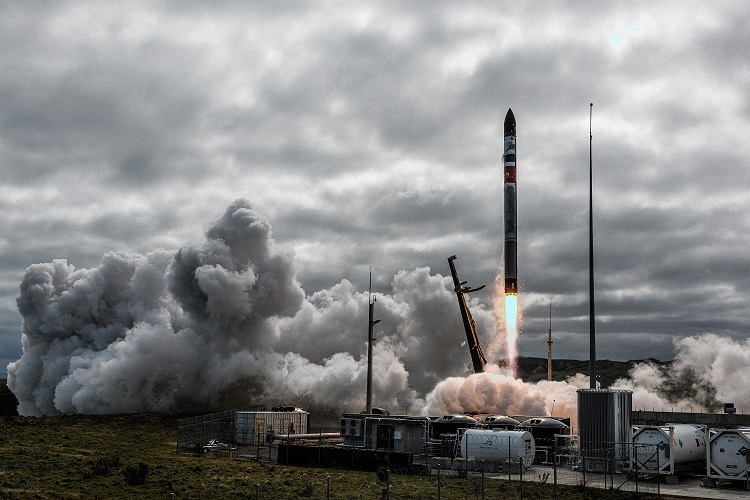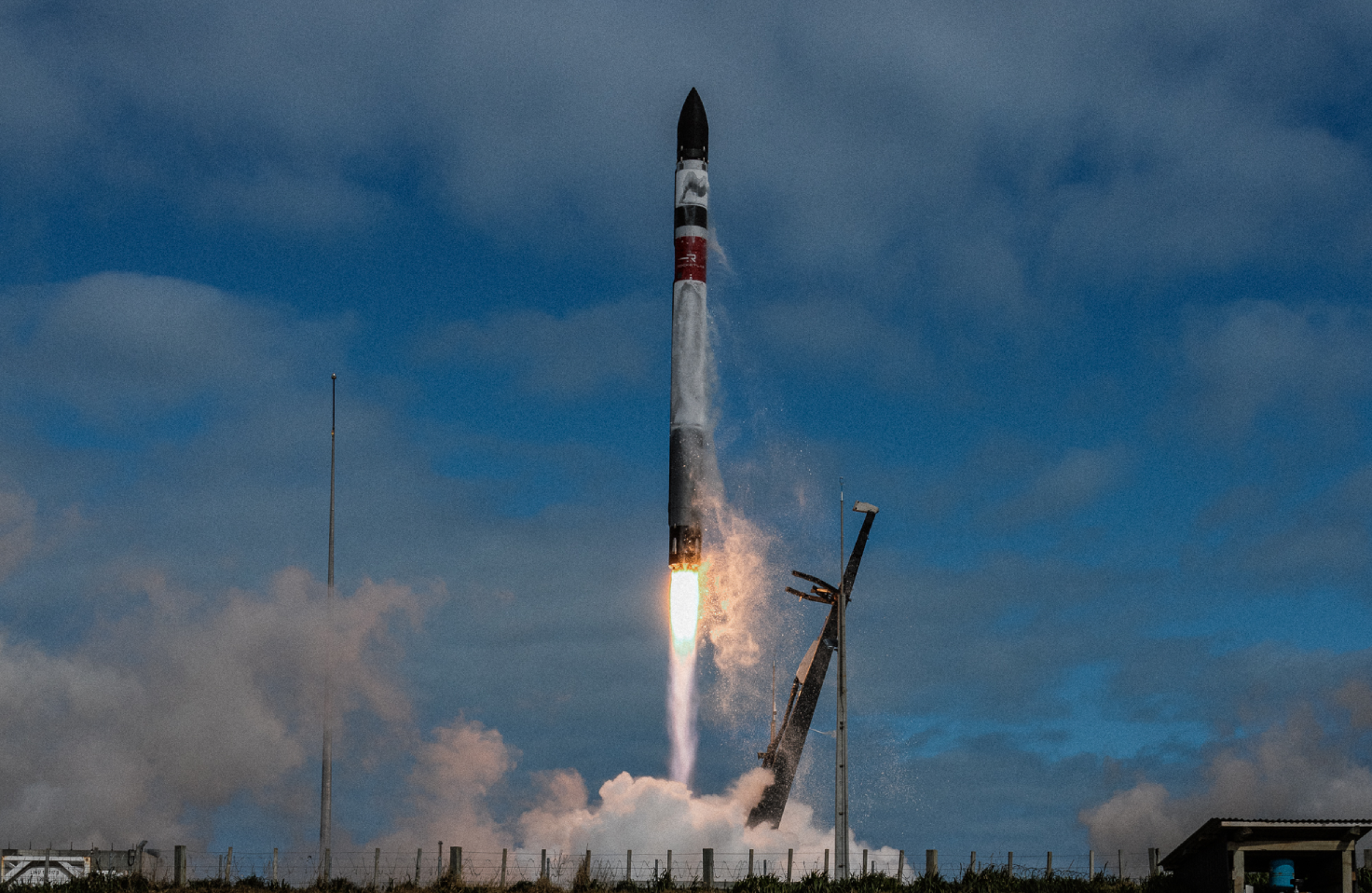On August the 24th 2023 at 11:45 am NZST, Rocket Lab's Electron rocket lifted off from Launch Complex 1 on New Zealand’s Mahia Peninsula. The rocket deployed one of Capella Space's next-generation synthetic aperture radar satellites to a 640km low Earth orbit. Capella Space aims to have a constellation of its synthetic aperture radar satellites to provide all-weather imaging of the Earth below. This was Rocket Lab's 40th Electron mission and the company has now flown 399 engines to Space.
The Electron flying on this mission was also re-flying one of its Rutherford engines for the first time! The re-flown engine went through the same qualification and acceptance testing as a new Rutherford engine would. After recovering the booster after launch from a soft landing under a parachute at sea Rocket Lab's CEO Peter Beck hinted at re-flying nine Rutherford engines on an upcoming mission.

Who is Rocket Lab?
Rocket Lab is an American spaceflight company founded in June 2006 and headquartered in Long Beach, California. Rocket Lab currently operates the Electron small satellites launch vehicle and Photon satellites bus. The company also owns a number of other spaceflight companies in the hopes of providing an end-to-end solution for spacecraft. As of writing Rocket Lab is also developing a larger rocket called Neutron.
What is Electron?
Electron is a two-stage launch vehicle developed by Rocket Lab. Electron utilizes the first electric-pump-fed engines to power its Kerolox-fueled small rocket on both stages and is made of carbon fiber for its tanks. Rocket Lab claims Electron can launch 300 kilograms into low Earth orbit or 200 kilograms into Sun-Syncronous orbit. Rocket Lab also currently plans to recover Electron first stages to increase its launch cadence. For its planned recovery, Electron lands in the ocean under a parachute unlike SpaceX's Falcon 9 which lands propulsively at sea or on land. Rocket Lab recovers the rocket under a parachute to reduce engine wear and maintain payload capacity.






